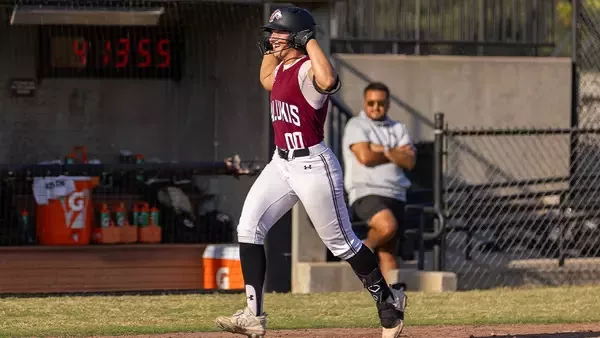SPRINGFIELD, Ill. (IRN) — The state of Illinois has been given an extension to the deadline it has to file an appeal of a circuit court’s ruling in a case over when the state can suspend someone’s Firearm Owner ID Card.
Attorney Thomas Maag said his clients Aaron and Charles Davis were celebrating Independence Day years ago and fired guns into the ground at their home. Police came and arrested them on felony charges and their FOID cards were then suspended.
“That’s just not right, and in this country we are innocent until proven guilty,” Maag told The Center Square.
Ultimately, Maag said his clients’ felony charges were dropped to misdemeanors.
“Mr. Davis gets his gun back but it takes several months for Mr. Davis and his son to each to get their FOID cards back because in Illinois when you’re charged with a felony, Illinois suspends your FOID card,” Maag said.
Maag said three weeks ago, a Madison County judge ruled against the state in the case that started in 2017.
“As of a few weeks ago, the state has now been enjoined from suspending Firearm Owners ID cards in Illinois from persons merely charged, as opposed to being convicted, of felony charges,” Maag said.
The ruling from Madison County Associate Judge Donald Foster signed March 10 says the law allowing Illinois State Police to suspend FOID cards “is hereby declared unconstitutional as applied to persons charged with a felony but not yet convicted of a felony.”
The named defendant at Illinois State Police who “as Chief of the Firearms Services Bureau of the Illinois State Police, as well as his successors in office and successors in authority to administer, are, effectively immediately, enjoined from suspending Firearms Owners Identification Cards, pursuant to … persons with a felony but not convicted of a felony,” Foster ordered.
Maag said if he were the state, he would just let it go, but he expects them to appeal. The state’s request for an extension for an appeal was granted last week. Attorneys have until April 12.
If the case is appealed and Maag wins for his clients, he foresees it costing taxpayers.
“The last fee bill I did for an Illinois Supreme Court appeal … I think we billed $400,000,” Maag said.
By GREG BISHOP for the Illinois Radio Network



